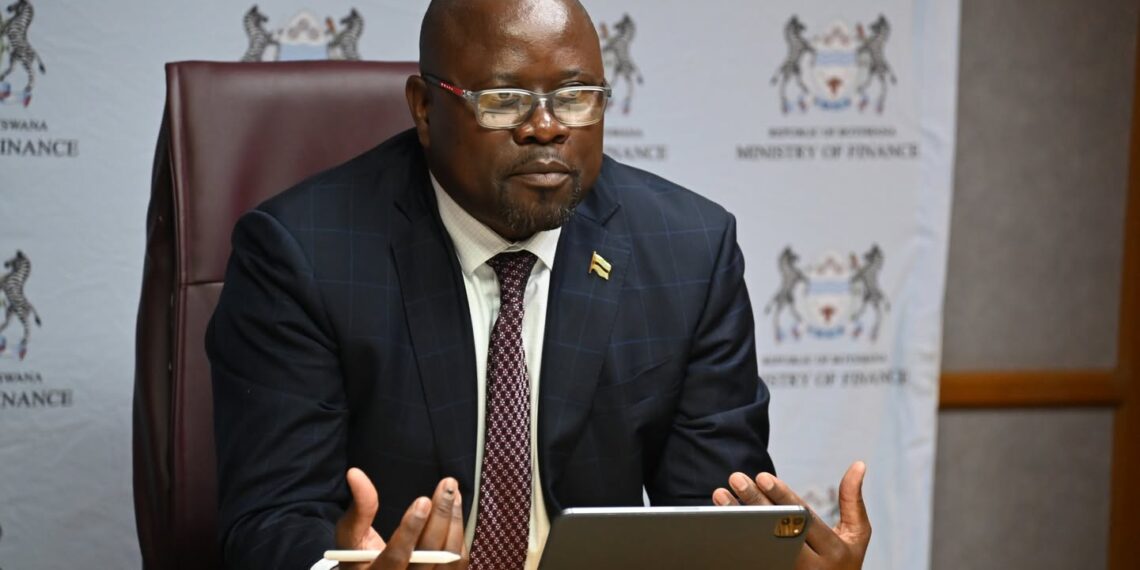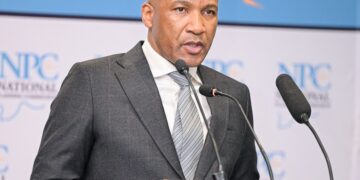- Tsaone Segaetsho
The Ministry of Finance has sought to calm growing concerns over the government’s ability to meet its June public sector wage obligations, following revelations that the national treasury is currently facing a substantial liquidity shortfall.
Appearing before the Parliamentary Accounts Committee on Monday, Permanent Secretary, Tshokologo Kganetsano, disclosed that the monthly public wage bill stands at P2.5 billion, while the available funds in the national treasury amount to only P700 million—leaving a funding gap of P1.8 billion as of the beginning of the week.
Kganetsano was updating the committee on the state of government finances, including the status of the Government Investment Account (GIA). He indicated that Botswana’s fiscus continues to face significant pressure due to a prolonged downturn in diamond revenues, even as public expenditure remains elevated.
“As we were coming here today, the GIA stood at P3.5 billion,” said Kganetsano. “However, that figure declined just before this session, after we repaid a short-term loan of P2.8 billion to the Bank of Botswana. This leaves the GIA with only P700 million—and salaries are due next week.”
The committee questioned how the ministry planned to address the shortfall. Kganetsano responded with cautious optimism, stating that the Ministry of Finance would “be creative” and “play the chess game,” a reference to the delicate balancing act the ministry must perform.
“We have played this game before. Whether we win or lose is another matter,” he added.
The GIA, which is managed by the Bank of Botswana on behalf of the national treasury, serves as a fiscal buffer in times of revenue shortfall or economic strain. It comprises the government’s portion of the Pula Fund—a sovereign wealth fund—as well as other investments and unrealised gains. The GIA typically receives inflows from budget surpluses and is drawn down during periods of budget deficit.
Kganetsano’s remarks come at a time when policymakers are under increasing pressure to implement fiscal reforms that will reduce reliance on mineral revenues and ensure long-term sustainability of public finances.










